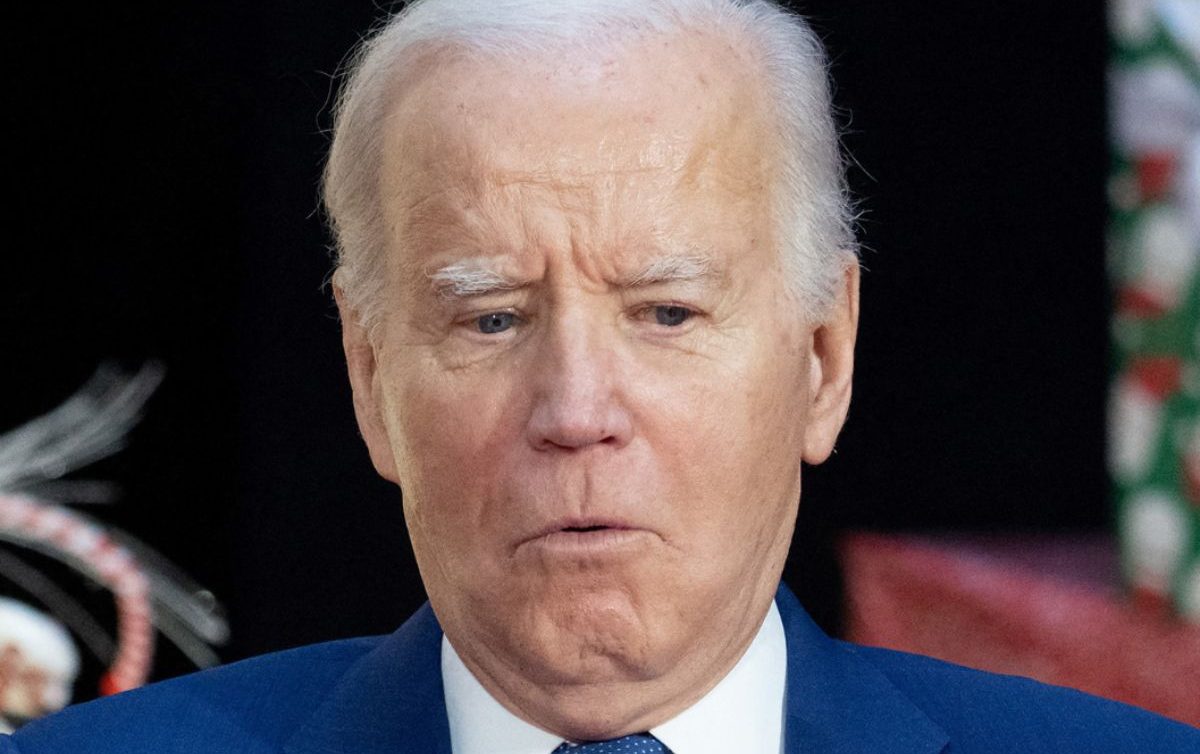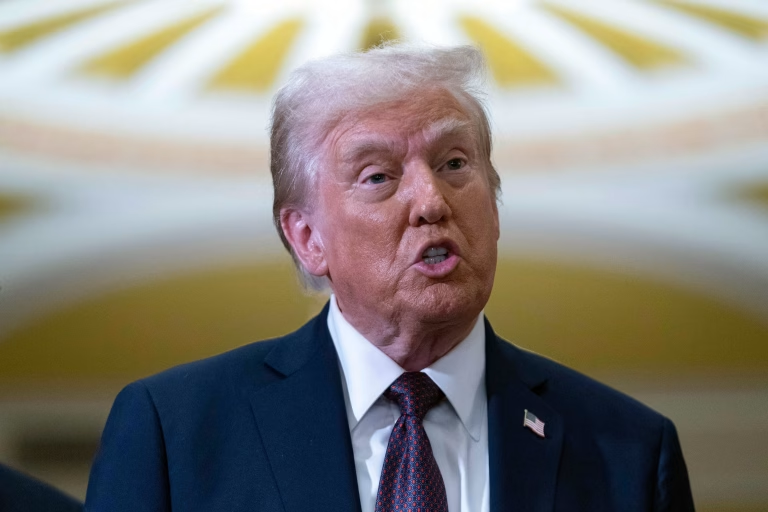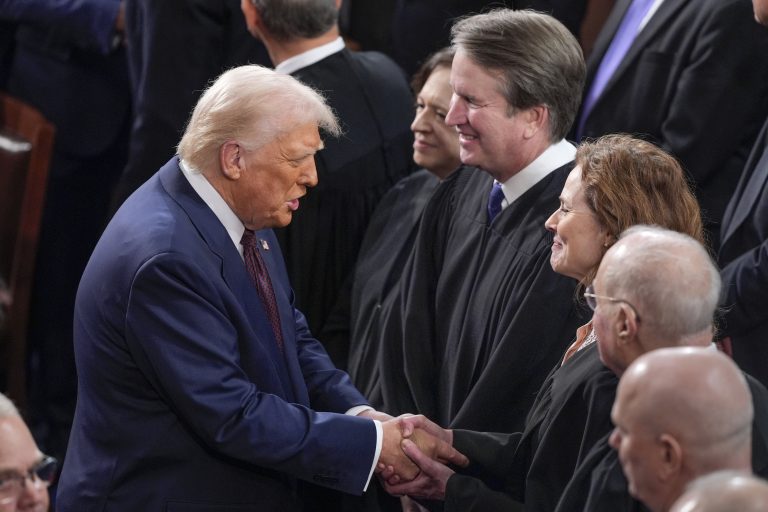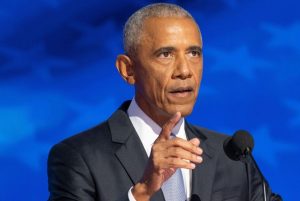NOTE: VIDEO AT THE END OF ARTICLE
A moment that shaped the 2024 election is once again in the spotlight—this time, not because of political opponents or debate moderators, but due to a personal revelation from within the president’s own family. A recent interview featuring Hunter Biden has sparked a fresh wave of questions, commentary, and scrutiny from both sides of the aisle.
The 2024 presidential debate between Joe Biden and Donald Trump left a lasting impact on the national conversation. The president’s performance drew harsh criticism from across the political spectrum and ultimately played a role in his decision to step down from the campaign trail weeks later. At the time, most of the public was left wondering what caused Biden’s sudden and uncharacteristic struggle on stage.
Now, over a year later, new information has emerged that could change how that moment is remembered—and what it may reveal about presidential transparency, campaign strategy, and internal White House dynamics.
In an interview with independent journalist Andrew Callaghan, Hunter Biden made a surprising statement about the debate. Speaking candidly, Hunter claimed that Joe Biden had been given a sleep aid before going on stage—a drug typically used to help people rest during international travel or heavy stress.
According to Hunter, his father had just returned from extensive international engagements, including stops in Europe for major diplomatic events. Hunter’s claim is that in order to help him rest before the debate, aides administered Ambien, a prescription medication known for treating insomnia.
He described the result as exactly what many Americans had witnessed: a president who appeared tired, slow to respond, and clearly not at his best. The remark has triggered serious concern about whether the president’s medical regimen was appropriate at such a critical moment—and whether the public was given the full picture.
Official White House medical documentation from earlier that year made no mention of Ambien or similar sedatives. Dr. Kevin O’Connor’s report in February 2024 listed six medications Biden was taking, but none of them included sleep aids. Furthermore, there was no update to that list before or after the June debate.
That discrepancy is what’s now fueling renewed accusations of dishonesty from political opponents and media figures alike. Republicans have seized on the revelation, arguing that voters were misled not just about the president’s health, but about who was really making key decisions behind the scenes.
Critics have asked whether Ambien—or any similar sedative—would have been safe for someone of Biden’s age, especially when preparing for one of the most scrutinized events of his presidency. Medical experts note that Ambien can cause next-day drowsiness, confusion, and slowed reflexes, particularly in elderly patients.
The larger issue may not just be whether Ambien was involved, but what this tells us about the internal pressure and decision-making in the White House at the time. Was the campaign pushing Biden too hard? Were aides making high-risk decisions to manage his performance? Or was this simply a judgment call that backfired in the most public way possible?
Hunter’s interview also comes at a volatile time politically. Democrats are still dealing with the aftermath of Kamala Harris’s landslide loss to Donald Trump, and the party is under growing pressure to rethink its direction ahead of the 2026 midterms.
In the interview, Hunter defended his father’s commitment but didn’t deny that age and fatigue were factors. He insisted that the president had a relentless schedule, had traveled thousands of miles, and was given Ambien simply to help him recover before the big night.
He stated:
“He’s 81 years old. He’s exhausted. They’d give him Ambien to help him sleep. He gets up on stage, and he appears as if he’s a deer in the headlights.”
The interview also revisited Biden’s debate prep at Camp David, a weeklong stretch intended to allow him to rest and focus. If Ambien was indeed part of that routine, it raises even more questions about how effectively his team managed the balance between preparation and recovery.
While the White House has declined to respond directly to Hunter’s claims, several lawmakers have called for a clearer explanation. House Oversight Committee Chairman James Comer released a statement demanding transparency, saying, “The American people deserve to know what condition the president was really in when he stood on that stage.”
Even some Democrats have acknowledged that mistakes were made in how the campaign presented Biden’s health. Rep. Ro Khanna stated during a recent summit that the party failed to acknowledge voters’ concerns and dismissed them too quickly. He added that Democrats must approach 2026 with humility and a renewed focus on transparency.
All of this now converges into a larger national conversation: how should voters evaluate a president’s health? How transparent should an administration be about medical treatment? And what role should family members, like Hunter Biden, play in shaping public understanding of presidential decisions?
The final word may not come from the White House—or even from political commentators—but from how voters respond to this new narrative. The revelation, true or not, is already influencing the way people see that defining moment of 2024.
It may also serve as a cautionary tale for future campaigns: never underestimate how much context matters, and how quickly silence can be filled by someone willing to speak up.
https://www.youtube.com/watch?v=tOhJf-vL5sg

Sarah Mitchell is a bestselling novelist recognized for her insightful and emotionally resonant stories that explore the complexities of human relationships. Originally from Denver, Colorado, Sarah grew up in a family of teachers who nurtured her curiosity and love for storytelling. She studied psychology at Stanford University, where she became fascinated by the intricacies of human behavior—an interest that would later shape her writing career. Sarah’s novels are praised for their nuanced characters, intricate plots, and ability to capture the subtle tensions that define love, friendship, and family ties. Her breakthrough novel, The Spaces Between Us, became an instant bestseller, lauded for its honest portrayal of strained family relationships and the fragile bonds that hold people together. Since then, she has published several works that continue to captivate audiences around the world. Outside of her writing career, Sarah is passionate about mental health advocacy and often partners with organizations to promote awareness and support for those struggling with emotional well-being. Her personal life is quieter—she enjoys hiking in the Colorado mountains, practicing yoga, and spending time with close friends. With each new book, Sarah Mitchell cements her reputation as a writer who illuminates the beauty and struggles of human connection.









